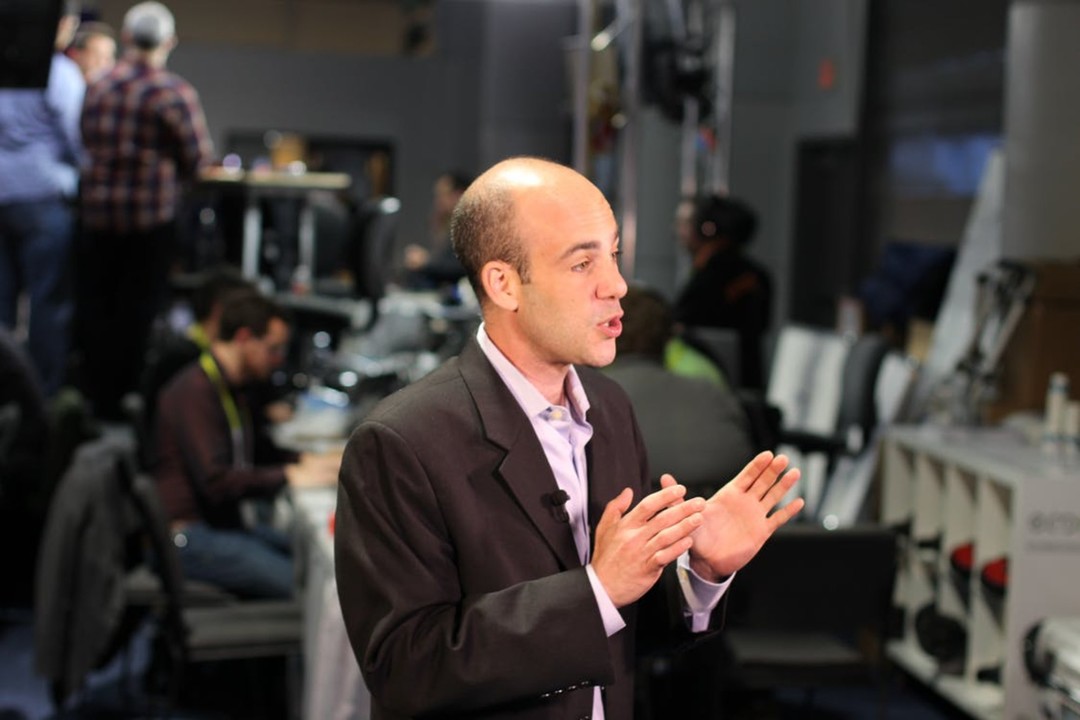
Transitioning from Journalism to Public Relations Can Be a Bumpy Journey
Since I left the newspaper life more than 15 years ago, I’ve probably helped more than a dozen journalist friends find jobs with public relations firms, government agencies and political campaigns.
In the beginning, I would gauge their feelings about public relations to see how realistically they viewed the profession. One friend said he looked forward to having short days and an easy paycheck.
“I can’t wait to just get paid to just write press releases,” I recall him saying. His first six months on the job was quite a lesson in perception vs reality.
[NOTE: Public relations makes the top most stressful jobs every year.]
Here’s some thing I didn’t know about public relations:
- Your client or boss doesn’t WANT to send out “newsworthy” press releases. Leaving the newsroom doesn’t mean you stop fighting over content (you’re still not in charge).
- Public relations gets a heavy dose of “value” checks today and you’re constantly measuring your worth in terms of deliverables. I send oodles of reports and alerts monitoring reputation, brand awareness and reach for sales or leadership audiences.
- You’re expected to help make money. In the corporate and nonprofit worlds, part of your role requires you to help drive up sales and fundraising, which is uber stressful. You’ll learn about things that will seem foreign, like CRM systems and conversion rates, how to utilize the wire to bump up SEO rankings and highly important brand management skills.
- Dealing with the media isn’t fun. Anticipating news stories is only part of the equation; the other half is knowing how to respond in a proactive way with internal sign off. And you’ll still need to get your positive stories out in trade magazine articles and on the wire to balance your communications strategy between earned, owned and paid.
Case in point, here’s a recent text exchange with my friend who just took a public information officer job after 20 years as a newspaper reporter:
“Is there a PR/Public Affairs support group that I can join to help me deal with reporters? Only half kidding. It’s crazy. TV reporters are the worst. It’s 2:30 pm and they call saying: I need an interview by 3 pm. Usually for a half-baked story. Oh, and I need it in Spanish. What?!? The thing is that we deal with a lot of legal and controversial issues, so we can’t just come out and start talking. We have to be careful with what we say and how we say it – sometimes the stuff we say can actually end up in court. It would be good if reporters could do a little homework before they ask us to comment.”
The irony was not lost on him that he now dodges the very interview requests he would have used as a litmus test for trustworthiness. Having those tough internal discussions about how and when to respond to media inquiries balances a number of valuable voices in what can be decision-by-committee situations.
The first time I faced a true media crisis, I was amazed at how much harder it was for me to execute tough decisions that as a journalist I thought were “no-brainers.” In fact, I made a few hasty choices in the early days that I assumed would work out well and it most certainly did not. Today, my years of experience has made me more cautious, not less.
The public’s right to know is more precious than ever before. Yet, even as a senior consultant, you’ll face times that the inner sanctum won’t give you all the information for a variety of reasons.
It will be frustrating, especially as you’ll be held to a high standard to protect the brand with one hand tied behind your back. I’ve learned that there are effective ways to give even the trickiest of interviews or fulfill touchy information requests that benefit the public AND your goals.
Whatever your thoughts are about public relations, whether you think you’ll get to kick back a bit or if you’re looking to stretch your communications skills in new ways, know that you’ll have a lot of soul searching to do when that first real media challenge comes your way.
It’ll reveal as much about your past life as your new one.
Erica Holloway is the Founder of Galvanized Strategies and Chief of Strategy for Mouth Marketing. Email: erica@ericagalvanizedstrategies-com




